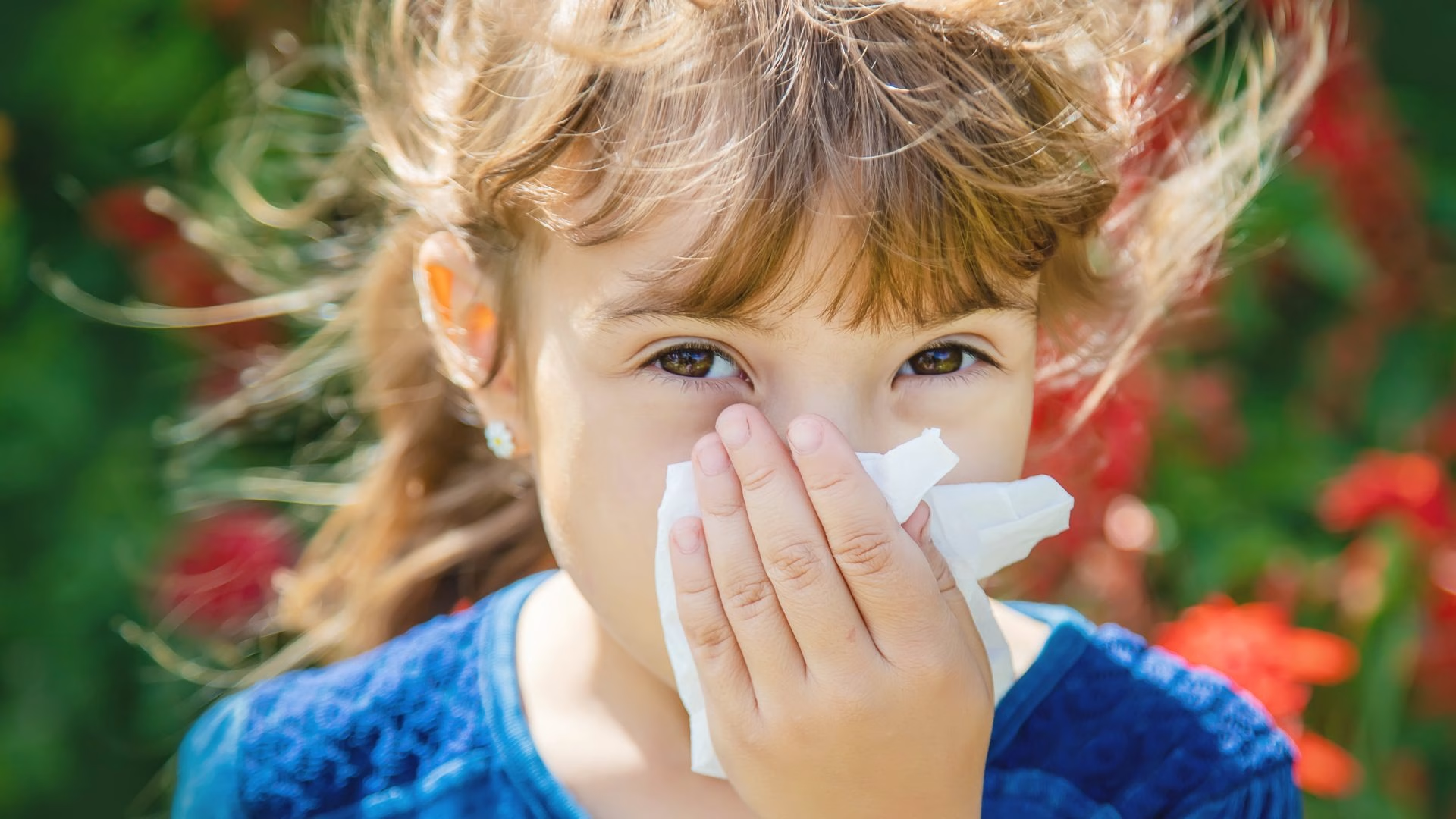"
While the cold weather doesn’t specifically lead to illnesses, there is an increase of sickness in the colder months. This is because colder air may contribute to conditions that lead to illness. For example, some viruses, like the common cold, are actually more likely to spread at colder temperatures because they replicate better at those temperatures.
As illnesses ramp up, there are certainly some common ones to watch out and prepare for, such as:
1. Influenza
The flu is one of the most common autumn illnesses. As people begin spending more time together indoors, the virus is more commonly spread.
The best way to prevent the spread of influenza and getting sick is by getting the flu vaccine. The vaccine is also effective in minimizing the need for serious treatment if one does come down with the flu despite having the shot.
2. Rhinovirus
Rhinovirus, AKA the common cold, is another illness that pops up quite a bit in the fall.
The best way to prevent catching a cold is to wash your hands regularly. You can also avoid spreading the cold to someone else by covering your mouth when you cough.
3. Raynaud Syndrome and heart disease
Cooler weather can affect blood flow, and the body can have trouble adapting to the change. This can cause flare ups in symptoms associated with Raynaud Syndrome and heart disease, such as poor circulation, numbness and swelling.
If you notice any changes to your symptoms, mention these to your doctor. The best way to combat these issues is to be as active as possible.
4. Seasonal Affective Disorder
This is a common illness that is brought on by shorter days and cooler weather. In addition to mood issues, depression can lead to problems sleeping and eating, and can make someone more susceptible to other illnesses.
The best way to avoid seasonal affective disorder is to use light therapies or other treatments. Remember to get outside when you can and soak up a little sun.
5. Arthritis
While not a contagious illness, cooler temperatures can lead to greater joint pain. The weather changes in the fall can cause additional discomfort from arthritis.
To help with arthritis pain, consider long, warm showers or baths to help loosen up the joints. Using an electric blanket or heating pad at night can also help keep joints loose and prevent pain.
In the event that you need care from any of these illnesses or others, consult with a nearby urgent care center. An urgent care center can make sure your issue gets addressed without a long wait.
"


